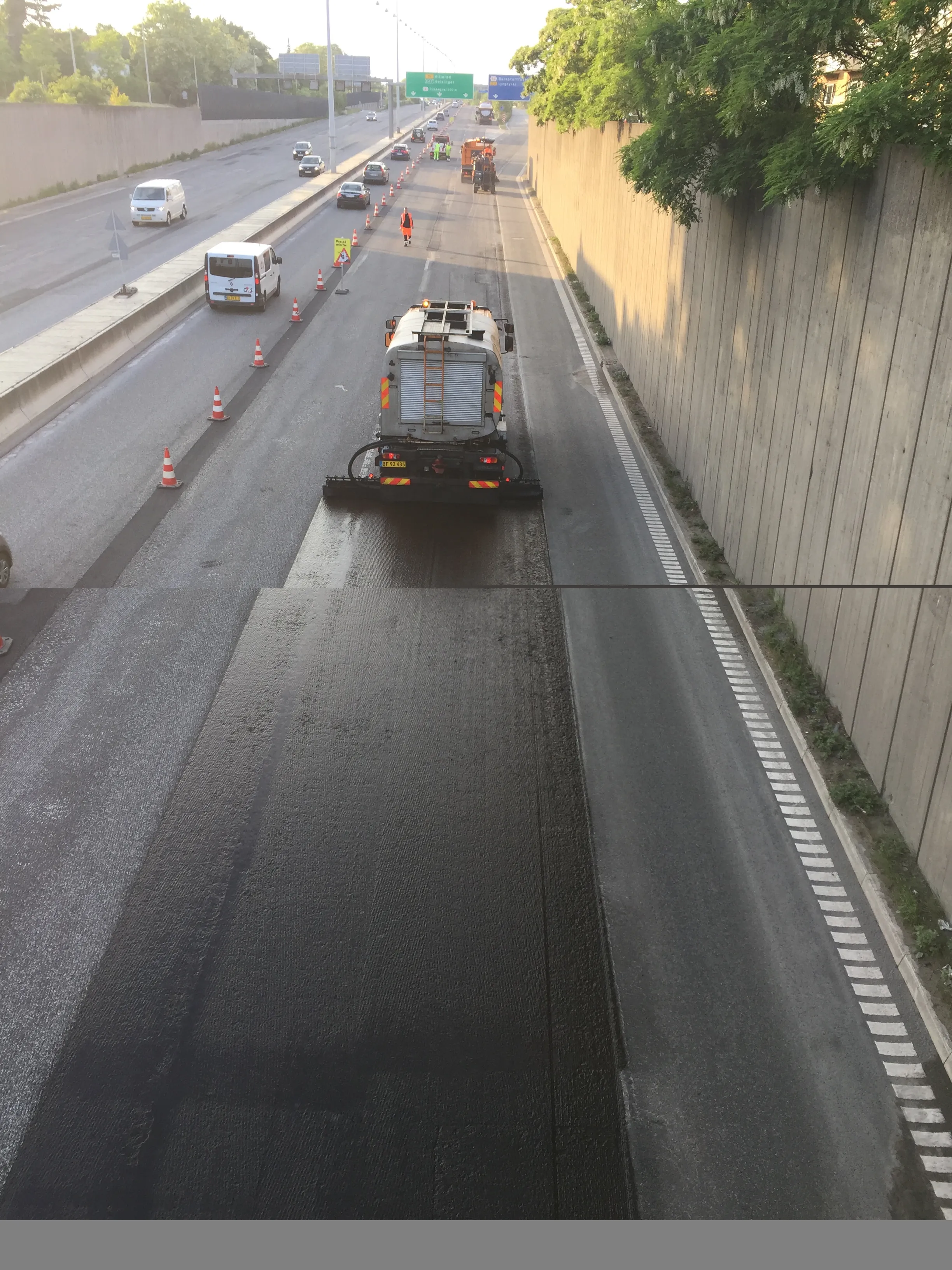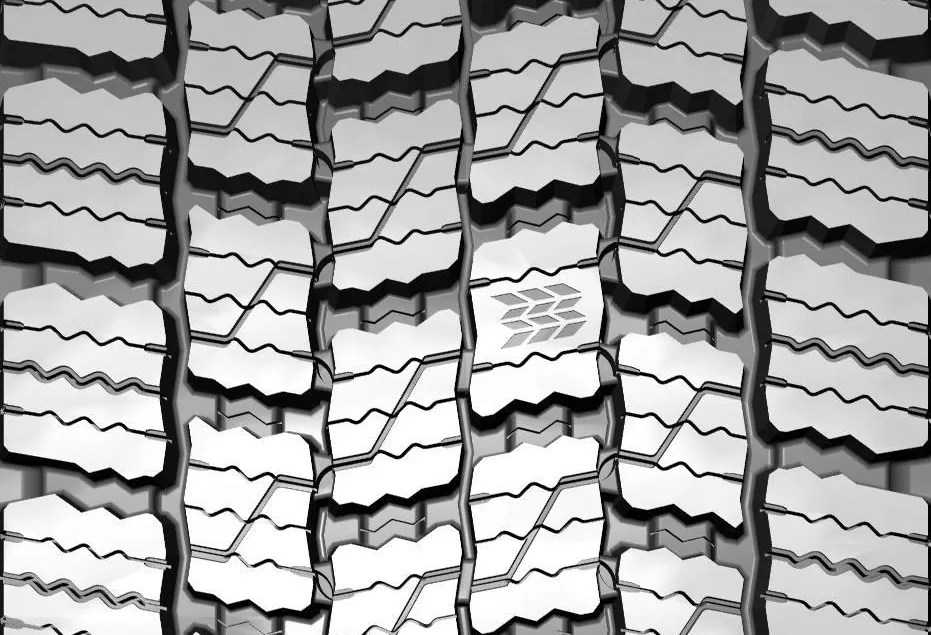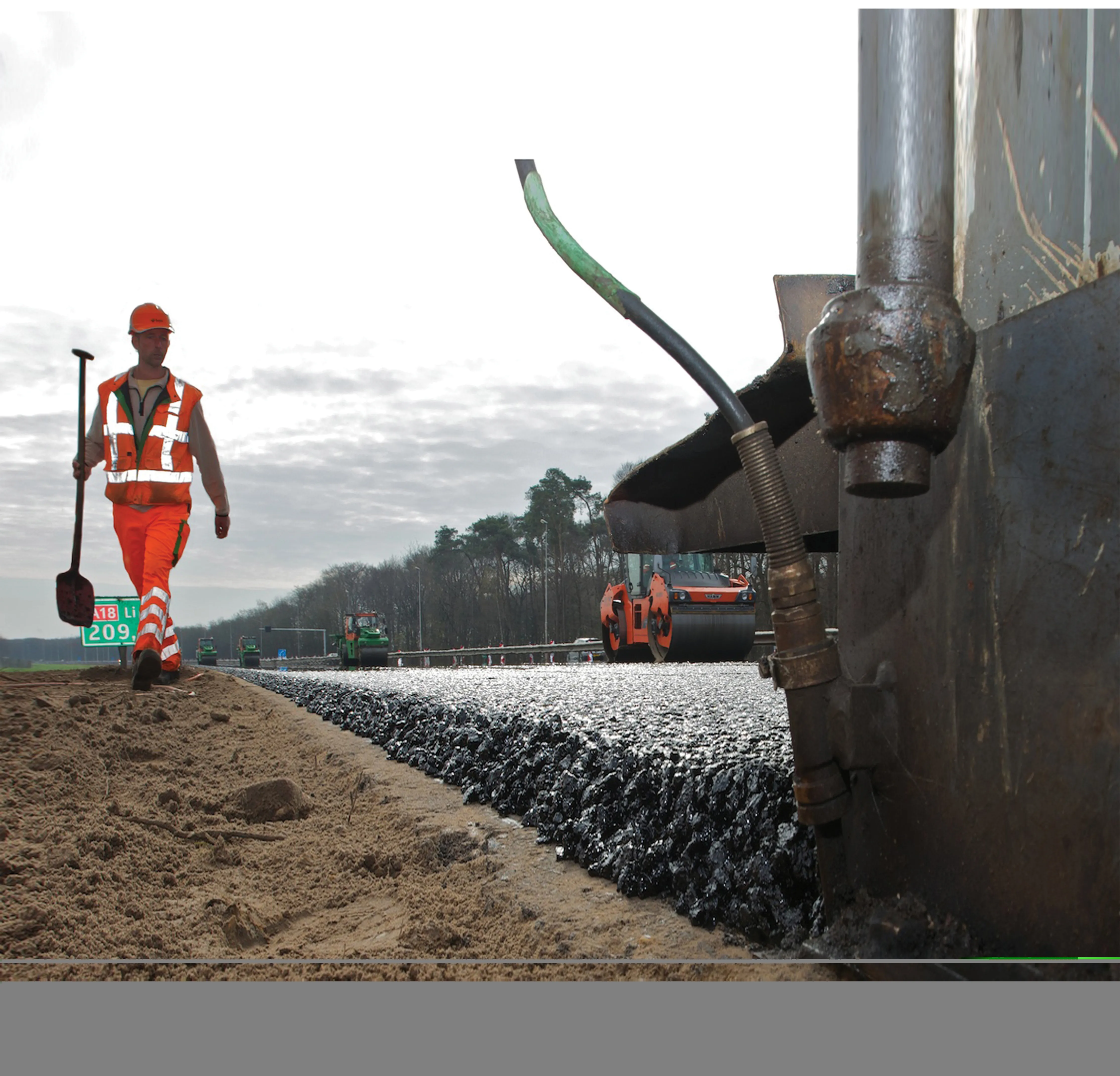
This type of asphalt has been developed over the last decade and is the only of its kind in the world while holding significant potential.
"The implications of reducing CO2-emissions from road transport are vast, as all improvements count. Both road users and the environment will benefit from this and our expectations for the Danish citizens and business life are high. We anticipate a benefit-cost ratio of 40 to 1, so that each million invested will save 40 million in fuel. This will be a huge economic achievement, and I look forward to the test results", said Danish Minister for Transport, Building, and Housing, Ole Birk Olesen.
Essentially, the goal of this particular asphalt is to reduce the rolling resistance - the resistance between tyre and road surface. The lower the rolling resistance, the less fuel, vehicles will need. And reducing fuel use will cut costs for drivers while lowering CO2-emissions.
"Over the last decade, we have worked intensively on the development of a special-mix asphalt that reduces energy use and still meets demands for safety and durability", said Matteo Petinari from the Danish Road Directorate. "It is this asphalt, we are now introducing to the Elsinor Motorway. We already tested the asphalt in laboratories through the research- and development projects COOEE and ROSE, and we are excited to gain more insight into the capabilities of the asphalt in a highly active environment.”
The asphalt will be installed on a 500m section and will be monitored closely over the next few years, particularly for rolling resistance, durability and safety.
Over the coming months the
If successful, the climatic benefits of introducing the new asphalt will be substantial. Lowering the rolling resistance by up to 4%, would save about 57 million litres of fuel by 2035 upon full implementation. This also results in massive reductions in CO2 emissions, according to Christian Axelsen, specialist at the Danish Road Directorate.








